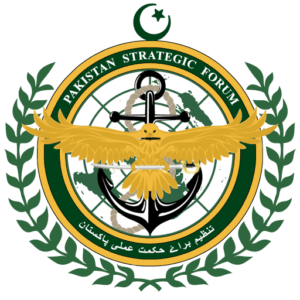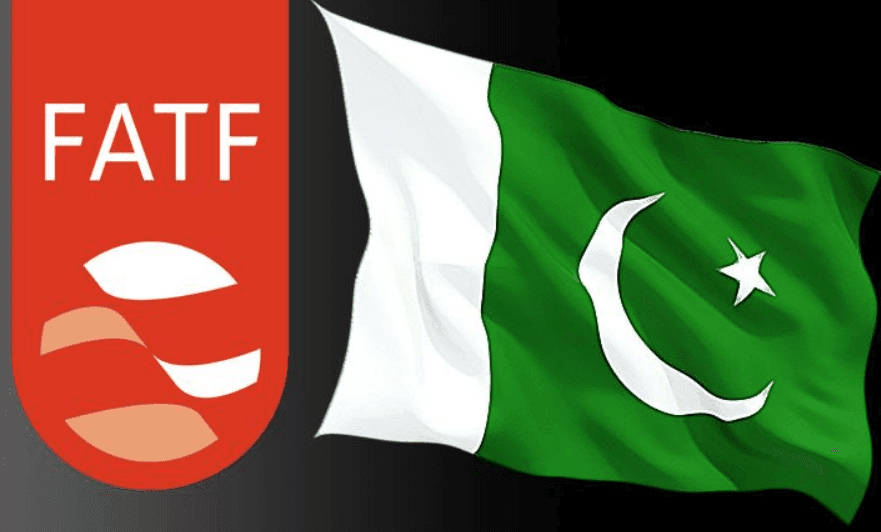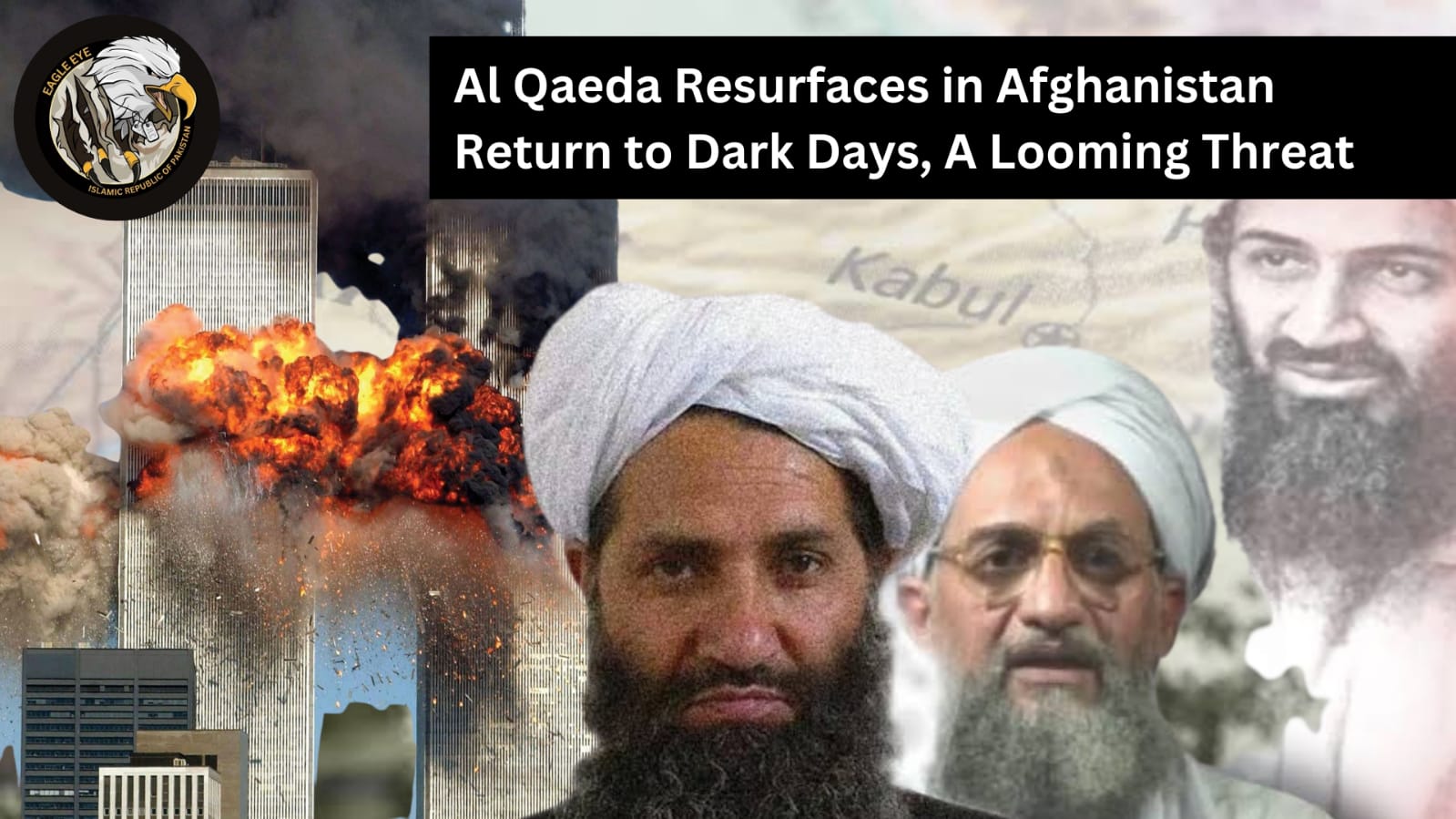A plenary session of FATF was recently conducted from 21st Oct 2020 to 23rd Oct 2020. This session was very significant for Pakistan due to two reasons. The first reason was that Pakistan has been on the “Grey List” for the last two years. The second reason was that the Indian government was constantly trying to put Pakistan on the “Blacklist.” We are going to look upon the consequences of this session for Pakistan. The question arises here that is it good for Pakistan to stay in “Grey List”? Was India successful in implementing its planning against Pakistan?
First, it is essential to have a short introduction to FATF. Financial Action Task Force is an intergovernmental institution. It was founded by G7 countries in 1989, and its headquarters is in Paris. The purpose of this organization was to deal with money laundering. Money laundering is the process by which black money is changed into white money via illegal methods. After the incident of 9/11, terrorism financing was also included in the mandate of FATF. There are total of 39 members of FATF out of which two members are organizations and 37 members are countries.
The definition of terrorism is relative to every country. Therefore, FATF provides some certain recommendations to every member country. If a country is considering these recommendations, it means that a specific country is working against terrorism. For this purpose, FATF has categorically introduced three lists i.e. Blacklist, Grey List, and White List. The countries which are on the Black or Grey List are the countries that did not have taken adequate action on the recommendations of the FATF. Blacklisted members are also called Non-Cooperative Countries or Territories. These countries are sanctioned by several countries, their international aid is ceased, and they cannot take loans from international organizations.
Pakistan has been on the “Grey List” of FATF since June 2018. Almost 18 countries are on the “Grey List” including Pakistan. A shocking fact is that among these countries Pakistan is the only country with a strong economy, military, and geostrategic importance. So, we can assume that putting Pakistan in “Grey List” was a geopolitical move by the member states. The reason is that at that time, relations between the USA and Pakistan were shaky. USA has a great influence on FATF so used its influence to pressurize Pakistan.
Here it needs to mention the role of Asia Pacific Group which is also an intergovernmental organization like FATF. APG considers the basic 40 recommendations of FATF as an international standard for judging the performance of different countries. India became a member of APG in May 2019. It means that now India will also evaluate the performance of Pakistan. The relations between Pakistan and India are obviously hostile so Pakistan considers that its evaluation will be a biased evaluation and protested this decision. On 14 Oct 2020, APG presented its review report to FATF. This report claimed that out of 40 recommendations of FATF Pakistan acted upon only 2 recommendations. So, anyone can analyze that it was a biased review report. Anyhow, Pakistan claimed that this review report contains the claims that were made before February 2020.
In general, FATF evaluates the performance based on two areas i.e. Technical Compliance and Effectiveness.
Technical Compliance
This includes the preparation of legal framework, the establishment of anti-terror and anti-money laundering institutions, and the making of laws on terror financing.
Effectiveness
In this step, the effectiveness and implementation of laws are analyzed.
What happened in the session?
FATF gave 27 recommendations-based action plans to Pakistan in Feb 2020 and gave four more months to implement these recommendations. But due to Covid-19, the session was not conducted in June. Finally, this session was conducted in October 2020.
According to the conclusion of FATF, Pakistan has worked on 21 recommendations out of 27. The country had implemented these recommendations during the pandemic, so it was a great action by the government. Due to the seriousness of the current government, the impression that FATF can blacklist Pakistan ended. Now, Pakistan has been given an extension until February 2021. FATF will decide again in its next session that whether Pakistan will remain in Grey List or will be promoted to White List. In the next review, FATF will check the effectiveness of the steps taken by Pakistan. Parliament of Pakistan played an important in implementing these 21 recommendations and amended almost 15 previous laws. It is hard to predict whether Pakistan will be on White List or not but it is a reality that staying on Grey List for a long time will affect the economy, Stock exchange, foreign direct investment, and most importantly the image factor of Pakistan. So, it should be the priority of the government of Pakistan. India tried a lot to put Pakistan on Blacklist like Iran and North Korea. But as Pakistan acted upon most of the recommendations and due to the geostrategic importance of Pakistan, it was not in favor of world powers to put Pakistan on Blacklist.
Author: Zain Ul Hassan
About Author: Zain Ul Hassan is a Student of Mechatronics and Control Engineering at UET Lahore.
Note: The views expressed in this article are the author’s own and do not necessarily reflect the editorial policy of Pakistan Strategic Forum.
#TeamPakistanStrategicForum







Great post, you have pointed out some good points, I as well conceive this s a very fantastic website.